
Zosano Pharma noted that the DRL does not reflect the final FDA decision on the application, though the approval of zolmitriptan by its PDUFA action date of October 20, 2020, is no longer likely as a result.

Zosano Pharma noted that the DRL does not reflect the final FDA decision on the application, though the approval of zolmitriptan by its PDUFA action date of October 20, 2020, is no longer likely as a result.

The primary objective of the trial is to demonstrate that lorcaserin has superior efficacy compared to placebo as measured by percent change in frequency of convulsive seizures per 28 days.
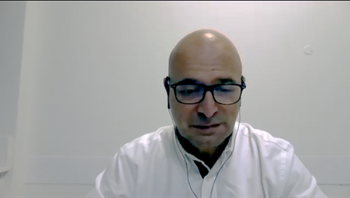
The head of the Laboratory of Clinical Pharmacology and Therapeutics at the University of Lisbon gave his perspective on the importance of the study population of this analysis.

The findings were consistent with the drug's previously reported safety profile and no new safety signals were observed.

The investigators noted that continuous non-invasive blood pressure monitoring upon standing may aid in the identification of a modifiable risk factor for syncope-related falls in patients with Parkinson disease.
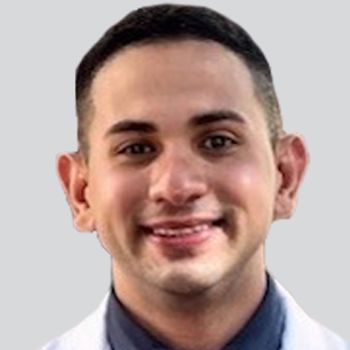
Volumetric MRI shows Hispanic patients are at a greater risk of experiencing more aggressive disease, leading to sustained disability.

The neurologist at Mayo Clinic detailed promising diagnostic tools, including the revelation of blood tests in patients with Alzheimer disease.

The funding will offer additional benefit for the HABLE and HABLE-AT(N) studies with the ability to better classify and categorize participants into groups by dementia type and disease stage.

Post hoc analysis of the ATACH-II trial suggest that intensive lowering of systolic blood pressure in individuals with initial levels ≥220 mmHg increases the rate of neurological deterioration over 24 hours.
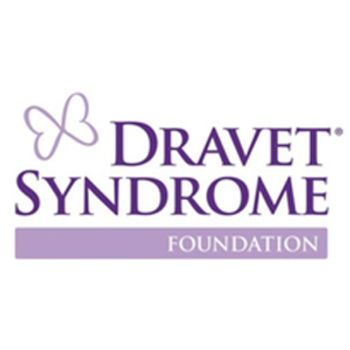
Learn more about the 2020 Dash For Dravet, hosted by the Dravet Syndrome Foundation.

The director of the Feil Family Brain and Mind Research Institute at Weill Cornell Medicine discussed the role amyloid plays in various types of Alzheimer disease and its impact on vascular dysfunction.

The vaccine could be given therapeutically to individuals living with a diagnosis of AD to inhibit further disease progression.

The director of the Parkinson’s Foundation Center for Excellence at University of Kansas Medical Center detailed the pros and cons of levodopa-carbidopa intestinal gel.

The medical director manager of neuroscience at Genentech offered her perspective on the mountain of data presented at MS Virtual 2020 on the recently approved NMOSD treatment.
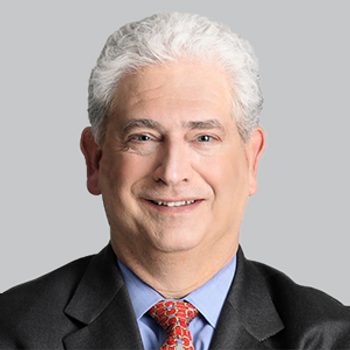
Aquestive Therapeutics plans to provide the agency with information on pharmacokinetic modeling to demonstrate that the desired levels of diazepam exposure can be achieved with dose adjustments.

The platform, dubbed DystoniaNet, was able to identify 3 varieties of focal dystonia in a matter of 0.36 seconds with almost 100% accuracy.

The study investigators noted that a higher gravidity and parity number was not associated with a delay in CIS onset.

Researchers concluded that uptitration of ponesimod was not associated with clinically significant bradyarrhythmia events; none were serious or lead to discontinuation.

Sucheta M. Joshi, MD, MS, and Nicholas Beimer, MD, detail the potential benefit the EpiTRAQ tool has from both a patient and clinician perspective.

The director of the Feil Family Brain and Mind Research Institute at Weill Cornell Medicine discussed the role amyloid plays in various types of Alzheimer disease and its impact on vascular dysfunction.

The director of the UCSF Weill Institute for Neuroscience spoke to the advantages of having agents that can be used across the spectrum of MS, and the role disease progression plays early on.

Martina Bebin, MD, professor of neurology and pediatrics at the University of Alabama at Birmingham Epilepsy Center, detailed the importance of cannabidiol for treatment of TSC.

Neurology News Network for the week ending September 26, 2020.

Take 5 minutes to catch up on NeurologyLive's highlights from the week ending September 25, 2020.

The findings suggest that this insomnia phenotype is a more biologically severe form of the disorder associated with cardiovascular, cerebrovascular, and neurocognitive morbidity.

Markov model analysis showed an average gain of 39 days of disability-free life for every 10 minutes of earlier treatment with EVT.

"Mind Moments," a podcast from NeurologyLive, brings you an exclusive interview with David Vossler, MD.
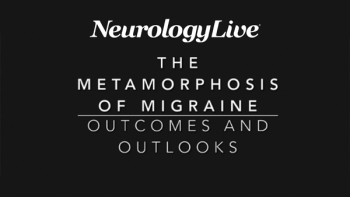
The current perspective on the care of patients and the anticipated developments of the future are detailed in part 3 of this special 3-part multimedia series on the evolution of migraine care.

In the third year of treatment, both dose cohorts did not experience any contrast-enhancing lesions, and only a small population in the Barcelona center showed new T2 lesions.

Notably, no patients received a dose and route consistent with national guidelines.